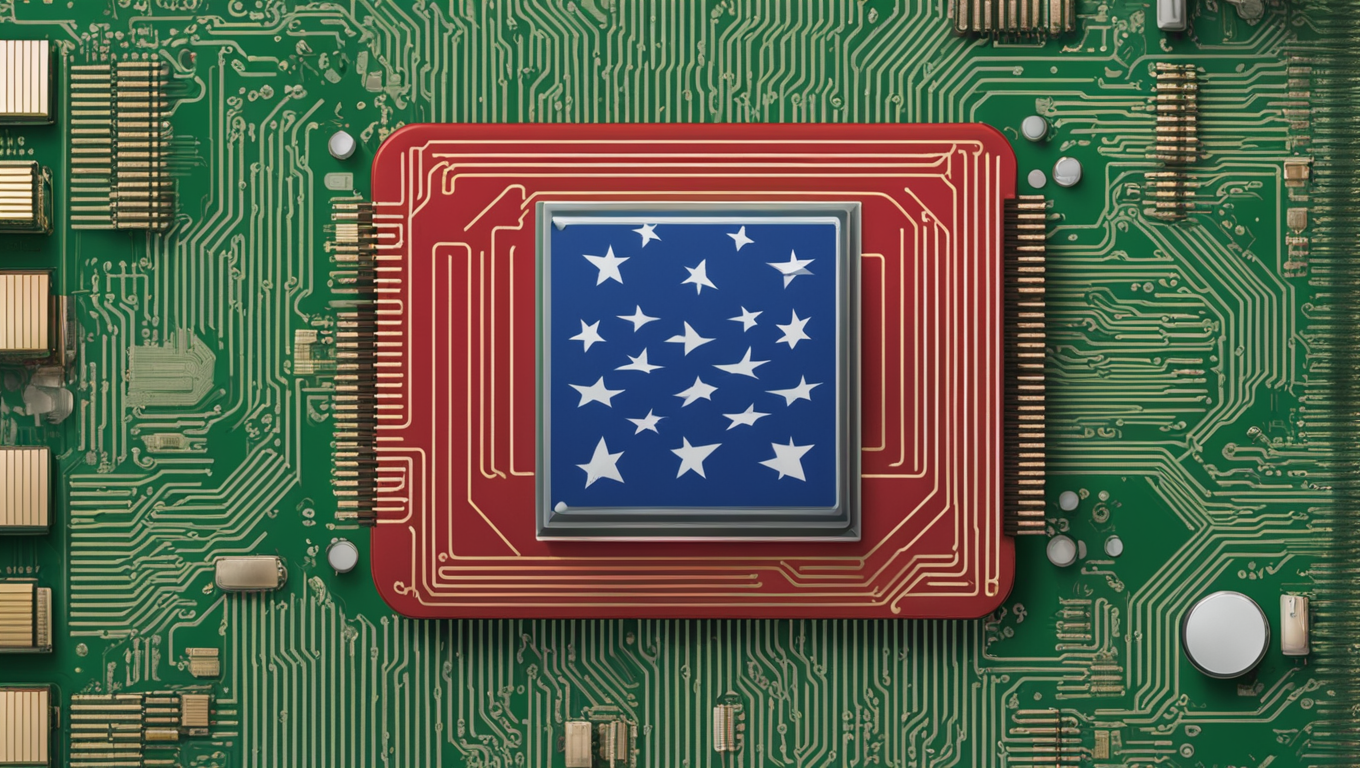China’s Technological Rise: A Global Balancing Act
In a new study published in the Chinese Political Science Review, researchers have concluded that China’s advancements in emerging technologies, such as artificial intelligence (AI), 5G, and quantum computing, are reshaping global politics. This has prompted a coordinated effort by the United States and its allies to counter China’s growing influence. Describing the situation as “unprecedented,” the study highlights the formation of a global “balancing coalition” that utilizes sanctions, export bans, and controls in key industries to curtail China’s reach in emerging technologies.
According to Maria Papageorgiou, the study’s author and a lecturer at the University of Exeter, China’s increasing power and expansion in emerging technologies are driving a shift in the global technological and geopolitical landscape. The development of these technologies has unpredictable implications for national security, necessitating a reassessment of the role of technology in international affairs.
China’s advancements in AI and 5G, coupled with its global technological spread through initiatives like the Digital Silk Road, have established the country as a competitor and a perceived threat to the United States. Unlike conventional threats constrained by geographical proximity, these emerging technologies transcend traditional defense barriers, presenting a unique challenge for states in an anarchic international system.
The study reveals that the United States has adopted a policy shift between 2017 and 2023 to outspend China and restrict its access to critical technologies, new markets, and resources necessary for its technological progress. While China has surpassed the US in semiconductor manufacturing and assembling capacity, it still lags behind in semiconductor production equipment and memory chip innovation. The US and its allies have implemented measures to impede China’s acquisition of state-of-the-art semiconductor technology, aiming to preserve their own technological superiority.
Regarding AI, China has made significant strides and has started exporting its technology to over 60 countries, particularly in Africa and Latin America. The US and Singapore’s joint partnership in developing AI for national security marked one of the first initiatives of strategic alignment in emerging technologies.
Furthermore, China’s dominance in global 5G adoption, led by Huawei with 91 commercial contracts, has raised concerns about espionage and potential influence over global telecommunications. The US has been actively urging European and developing nations to limit or ban Chinese suppliers from their 5G networks. The researchers also highlighted the establishment of the EU-US Trade and Technology Council as a potential alliance to counter China’s technology expansion.
To counter China’s technological advances, the United States seeks to reinforce cooperation with its key allies, raising barriers against competitors through institutional, administrative, and market measures. This coordinated effort reflects the recognition that China’s growing power and expansion in emerging technologies are driving significant shifts in the global technological and geopolitical landscape.
As China continues its technological rise, the global balancing act between China and its rivals will shape the future dynamics of international politics and the distribution of power. Only time will reveal the outcomes of this race for technological supremacy, as nations navigate the challenges and opportunities presented by emerging technologies.
Article Date: April 25, 2024





Use the share button below if you liked it.